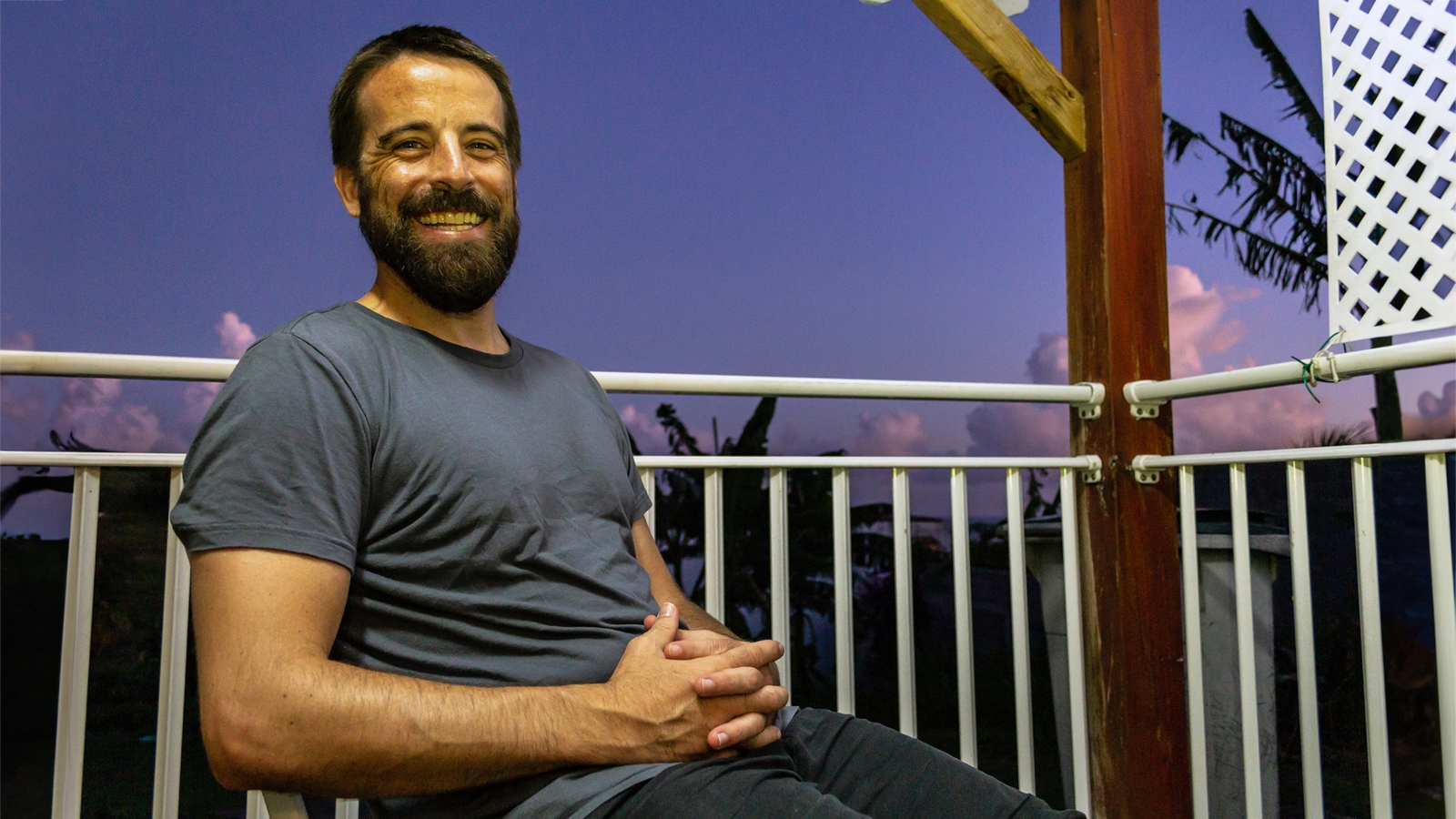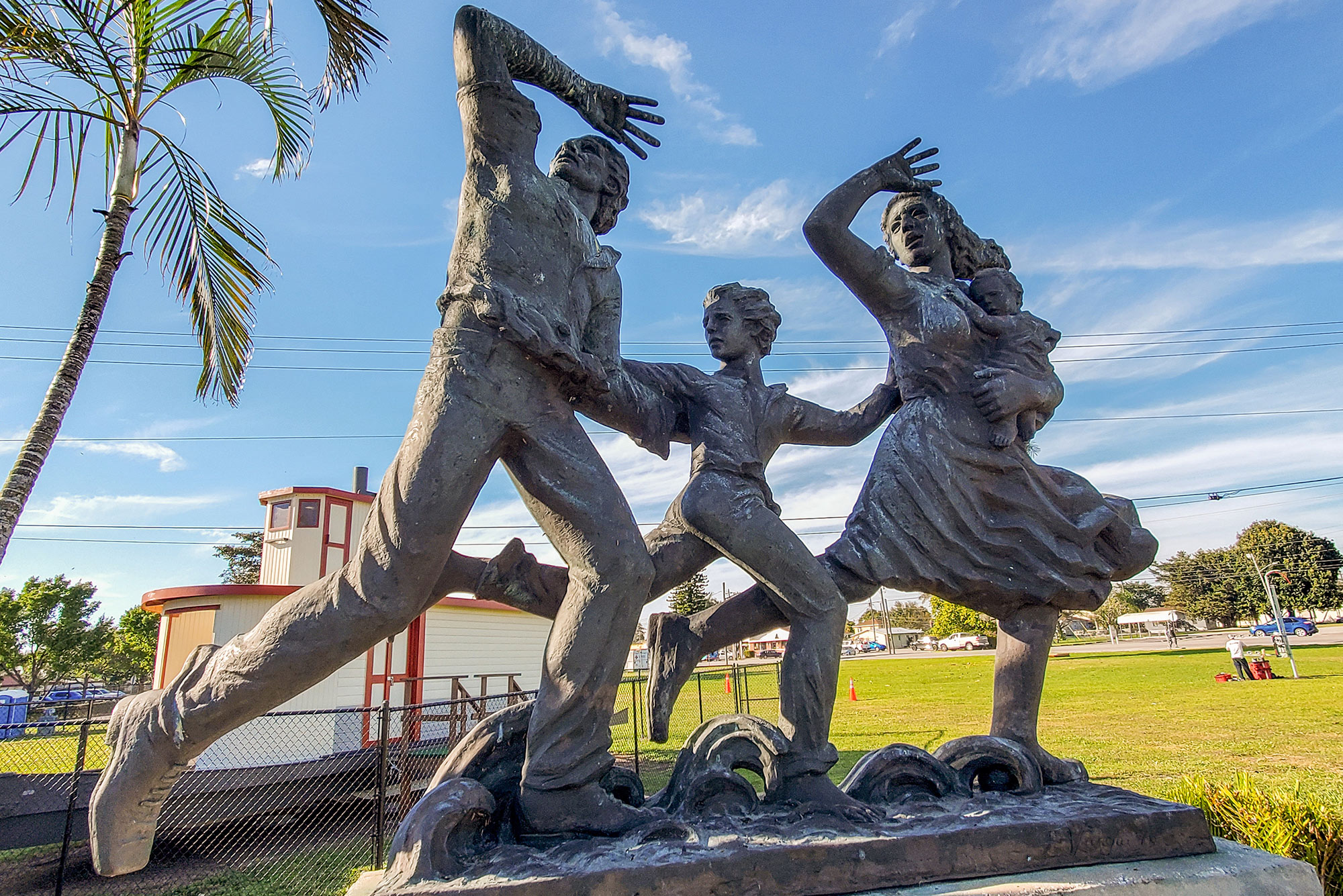The Storm of 1928
Brett Robert, Ph.D. candidate in history, uses a devastating hurricane to explore how race shapes life and death.

History Ph.D. candidate Brett Robert’s research on a 1928 Caribbean hurricane came about after a modern disaster: the 2017 Tubbs wildfire in Santa Rosa, California.
Robert, who lived in Santa Rosa for more than a decade and started his educational journey there, later moved to Penn in the fall of the wildfire to study Latin.
“Every day I was coming home from class and just hitting F5 over and over on Facebook, trying to check in on friends to see if they were OK, to see if people needed anything, if I could send supplies,” he says. “That got me really thinking about disaster.”
Robert’s dissertation focuses on the September 1928 hurricane that killed thousands and left hundreds of thousands homeless, examining its impacts across the Caribbean, from Guadalupe to Puerto Rico and into Florida. Studying natural disasters shows it is essential to ask questions about race’s effects on the way people live and die within their environments, he says.
“Even something like a hurricane—which affects all residents of an area and has no bias or ability to discriminate—produced different effects for different groups,” Robert says. “This was not because of how the hurricane behaved but because of systemic problems that propagated racial disparities in the affected regions.”
When the storm made landfall in Palm Beach County, thousands were killed, and the victims were disproportionately African Americans and Bahamians who lived near Lake Okeechobee and drowned. The flooded ground made proper burials impossible. White victims’ remains were identified and prepared for burial in nearby communities, but Black victims’ remains were initially burned and later interred in a mass grave.
This research is more important now than ever, as hurricanes powered by warmer oceans arise—especially in Florida, Robert says, where data about segregation and racial discrimination has become a political scapegoat.




